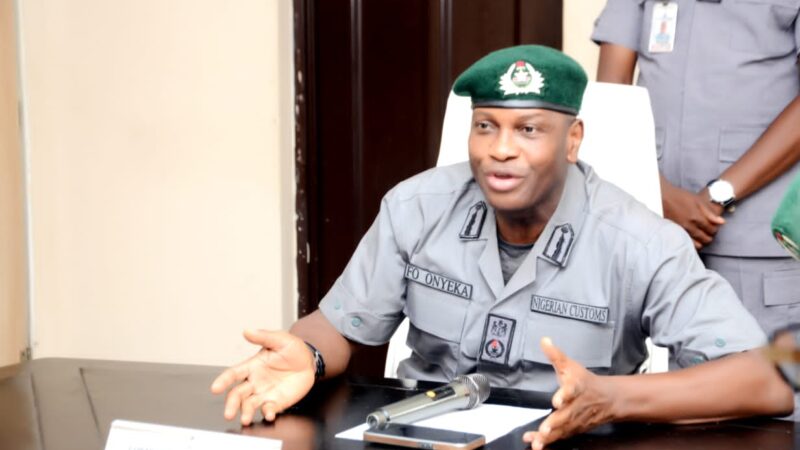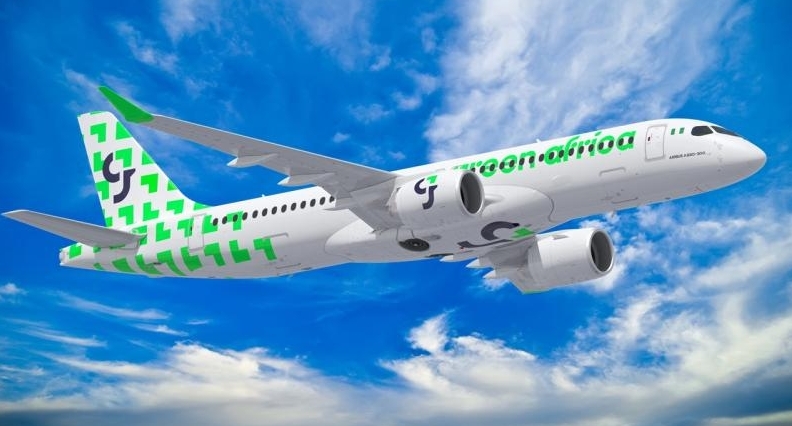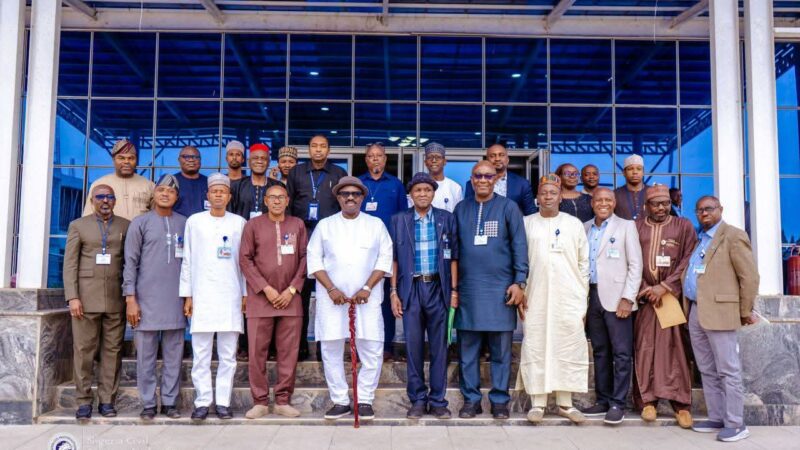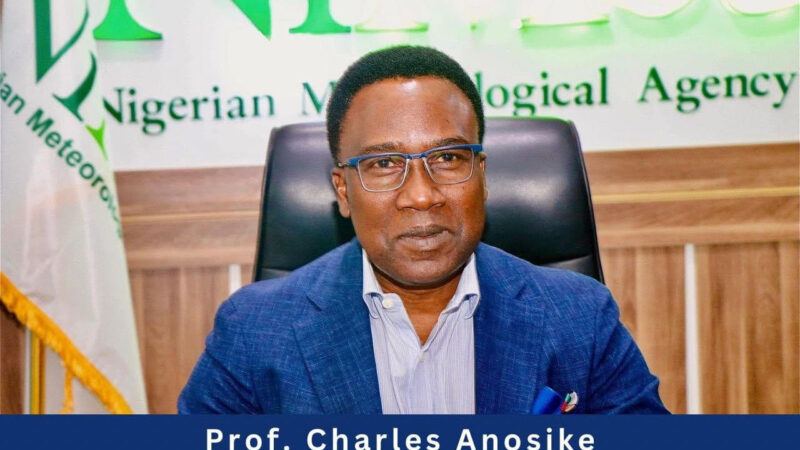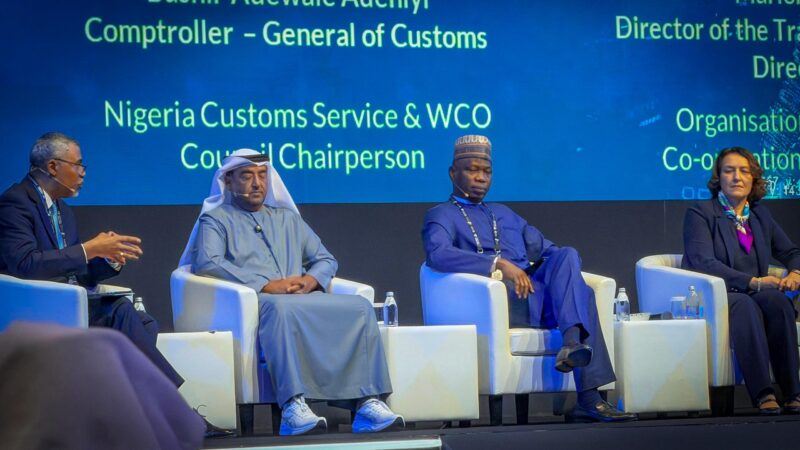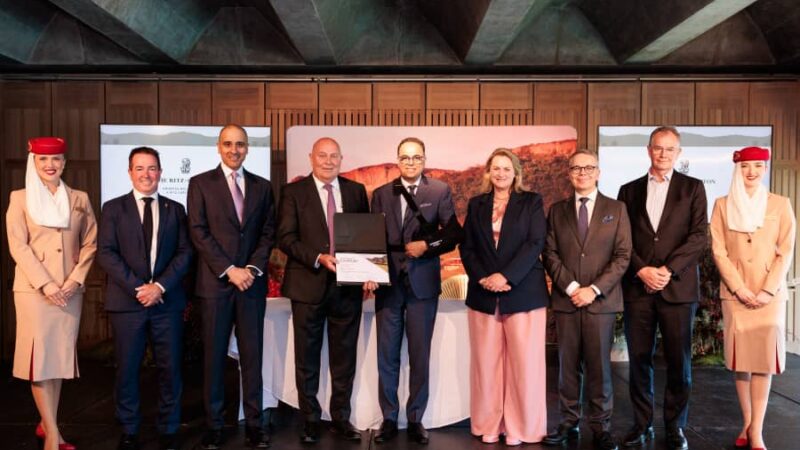NiMet Deepens Ties with Morocco’s Meteorological Agency, Moves to Strengthen AI-Based Weather Forecasting
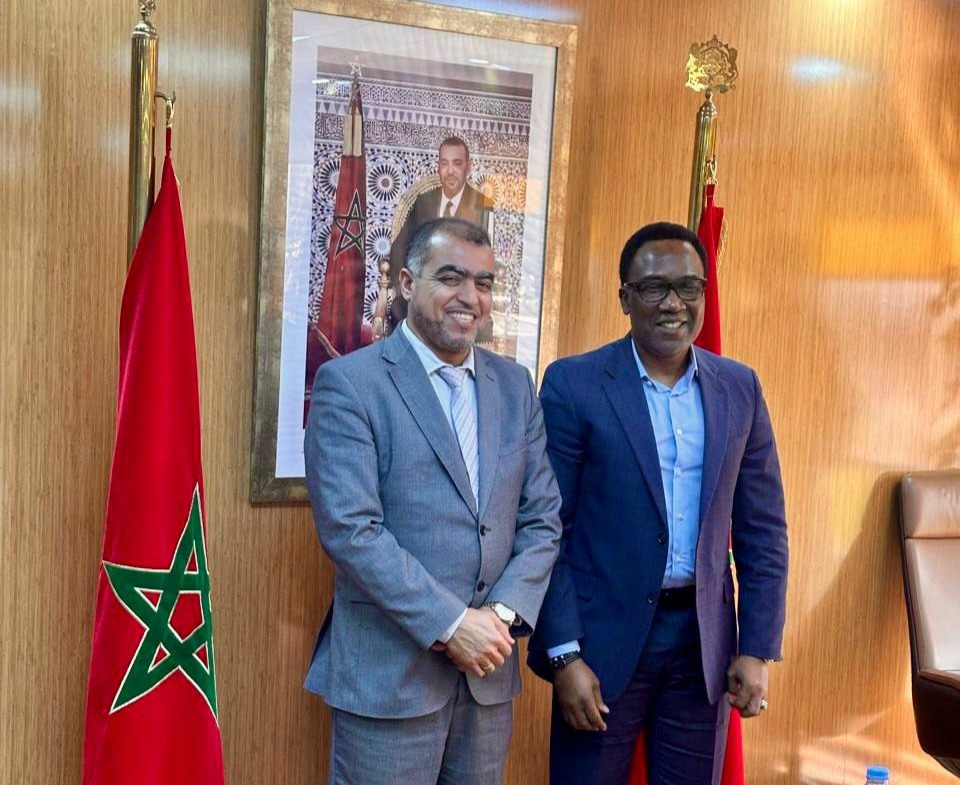
The Director General and Chief Executive Officer of the Nigerian Meteorological Agency (NiMet), and Nigeria’s Permanent Representative with the World Meteorological Organisation (WMO), Professor Charles Anosike, has paid a working visit to the Directorate of General Meteorology (DGM) in the Kingdom of Morocco to deepen collaboration on modern weather forecasting systems and climate resilience.
The visit took place on the sidelines of the ongoing United Nations Systematic Observation Financing Facility (SOFF) workshop for Peer Advisors and Implementing Entities in Casablanca, Morocco.
During the bilateral meeting and courtesy visit, Professor Anosike was warmly received by his Moroccan counterpart, Mr Mohammed Dhkissi, who led him on a guided tour of the DGM’s facilities.
Both leaders engaged in strategic discussions focused on enhancing cooperation between the two national meteorological institutions in the areas of artificial intelligence (AI)-based weather forecasting, early warning systems, and technical exchange.
Professor Anosike and Mr Dhkissi agreed to draft a Memorandum of Understanding (MoU) to formalise and strengthen institutional collaboration. The proposed framework will cover key areas such as the establishment and operational support for the WMO Integrated Global Observing System (WIGOS) Centre in Abuja, the creation of an instrument calibration centre in Nigeria’s capital, and the exchange of expertise in data management, Information and Communication Technology (ICT), and educational development.
According to both parties, the initiative will also foster cross-training opportunities for instructors in both French and English, aimed at promoting a broader reach and inclusivity across training institutions in Nigeria and Morocco.
Additionally, the collaboration will focus on agricultural meteorology, particularly the adoption of NiMet’s stakeholder engagement model, Numerical Weather Prediction (NWP), and the integration of AI in meteorological modelling to improve forecasting accuracy.
Professor Anosike commended Morocco’s Directorate of General Meteorology for its technological advancement and long-standing partnership with NiMet. He noted that such cooperation aligns with Nigeria’s commitment to advancing regional and global efforts in climate monitoring and adaptation.
He said the renewed collaboration would enhance capacity development, research, and the sharing of best practices, particularly in areas that promote resilience and sustainability within Africa’s weather and climate sectors.
Mr Dhkissi, on his part, acknowledged the mutual benefits of the growing partnership between both institutions, recalling that Morocco and Nigeria have enjoyed cordial working relations through data exchange, joint participation in NiMet’s Stakeholders’ Engagement Forums, and collaborative involvement in ClimAfrica, which Morocco hosts.
Both organisations pledged to deepen their cooperation, ensuring continued participation in each other’s programmes and pursuing cost recovery mechanisms that support climate resilience and institutional sustainability.
The engagement marks another milestone in NiMet’s effort to build robust partnerships that strengthen Africa’s meteorological capacity and promote innovative solutions for climate adaptation and disaster risk reduction.


